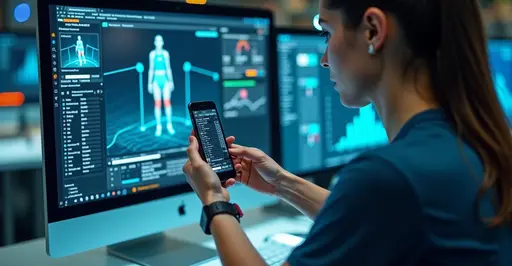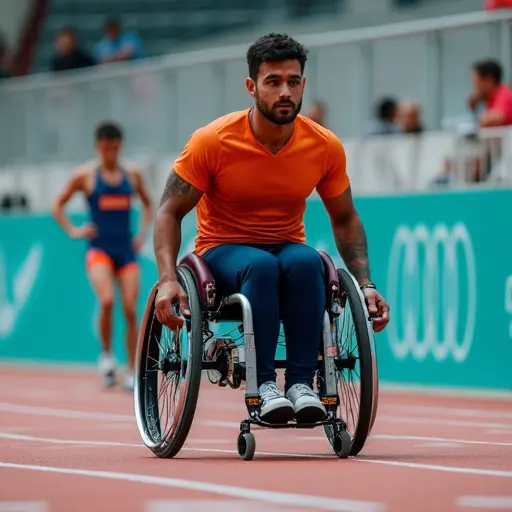The Future of Sports Technology Has Arrived
In a groundbreaking development for the sports industry, smart jerseys equipped with advanced biometric sensors are transforming how athletes train, compete, and recover. These innovative garments represent the next evolution in wearable technology, moving beyond wrist-worn devices to fully integrated athletic apparel that monitors vital signs in real-time.
How Smart Jerseys Work
Smart jerseys incorporate micro-sensors woven directly into the fabric, allowing for continuous monitoring of key physiological metrics without compromising comfort or mobility. The technology tracks heart rate, respiration rate, body temperature, muscle activity, and even hydration levels through advanced sweat analysis.
"This isn't just about collecting data—it's about understanding the athlete's body in ways we never could before," says Dr. Sarah Chen, sports technology researcher at MIT. "The real-time feedback allows coaches to make immediate adjustments during training and competition."
Applications Across Sports
Professional football teams were among the first adopters, with several Premier League and NFL teams implementing smart jersey technology during the 2024 season. The sensors provide coaches with instant data on player fatigue, injury risk, and performance metrics that were previously only available through post-game analysis.
Basketball teams are using the technology to monitor player exertion during games, while marathon runners benefit from continuous hydration and temperature monitoring during long-distance events. The technology has also found applications in military training and emergency response scenarios.
Data Privacy and Security
As with any technology collecting sensitive health data, privacy concerns have emerged. Manufacturers emphasize that all data is encrypted and athletes maintain control over who can access their biometric information. "We've implemented military-grade encryption and strict access controls," explains Mark Thompson, CEO of BioWear Technologies. "Athlete health data is treated with the utmost confidentiality."
The Future of Sports Analytics
Smart jerseys are expected to become standard equipment across professional sports within the next two years. The technology continues to evolve, with researchers developing even more advanced sensors capable of measuring lactate threshold, oxygen saturation, and neurological fatigue.
As the technology becomes more affordable, it's likely to trickle down to amateur and youth sports, potentially revolutionizing how we approach athlete development and injury prevention at all levels.

 Nederlands
Nederlands
 English
English
 Deutsch
Deutsch
 Français
Français
 Español
Español
 Português
Português










